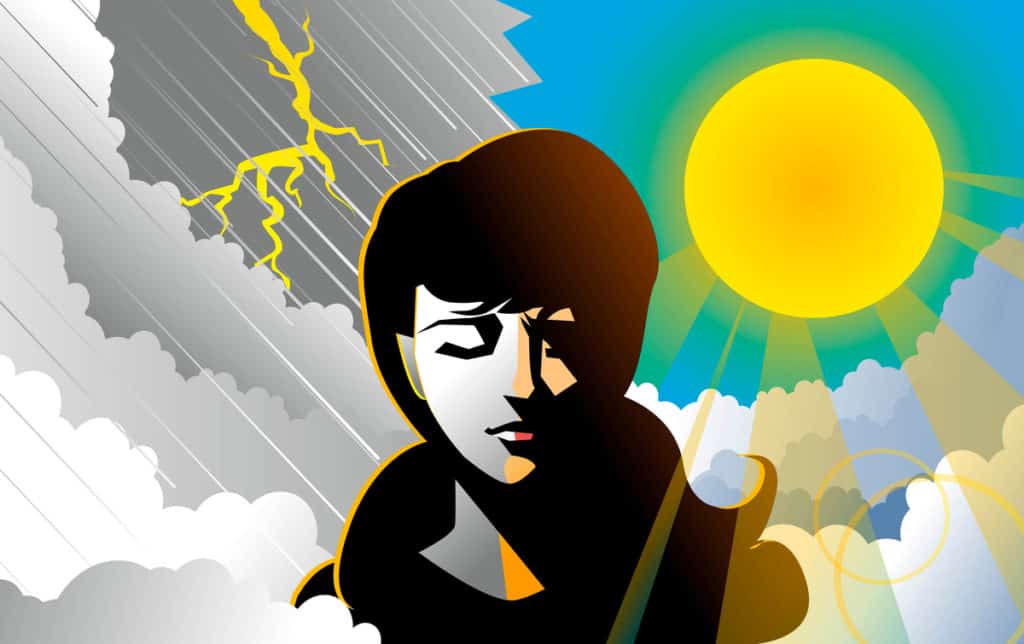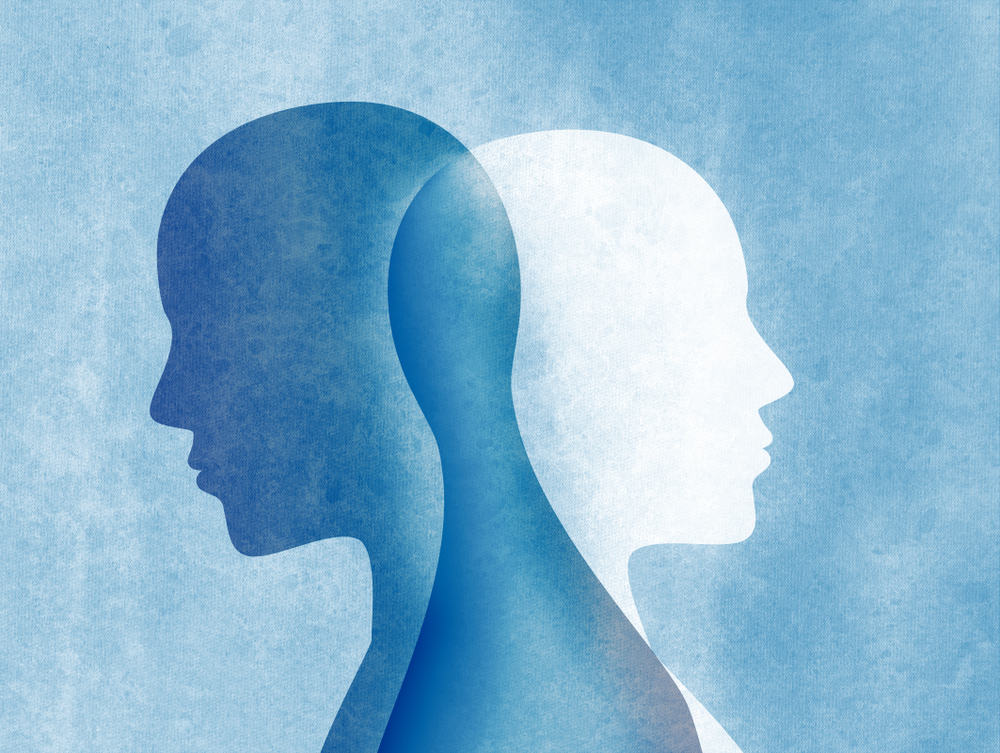The Connection Between Bipolar and Alcohol Abuse
Affecting about 3% of adults, bipolar disorder (also known as manic depression) is one of the most common mental illnesses in the United States[1]. The primary attributes of this mood disorder are manic highs and depressive lows. These drastic mood swings can last anywhere from a few days to a few months. If someone is […]
The Connection Between Bipolar and Alcohol Abuse Read More »






